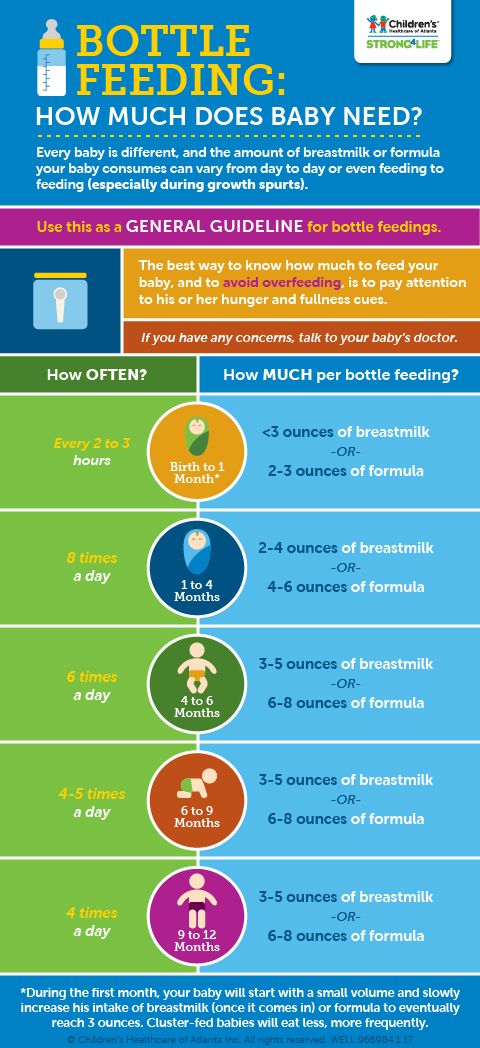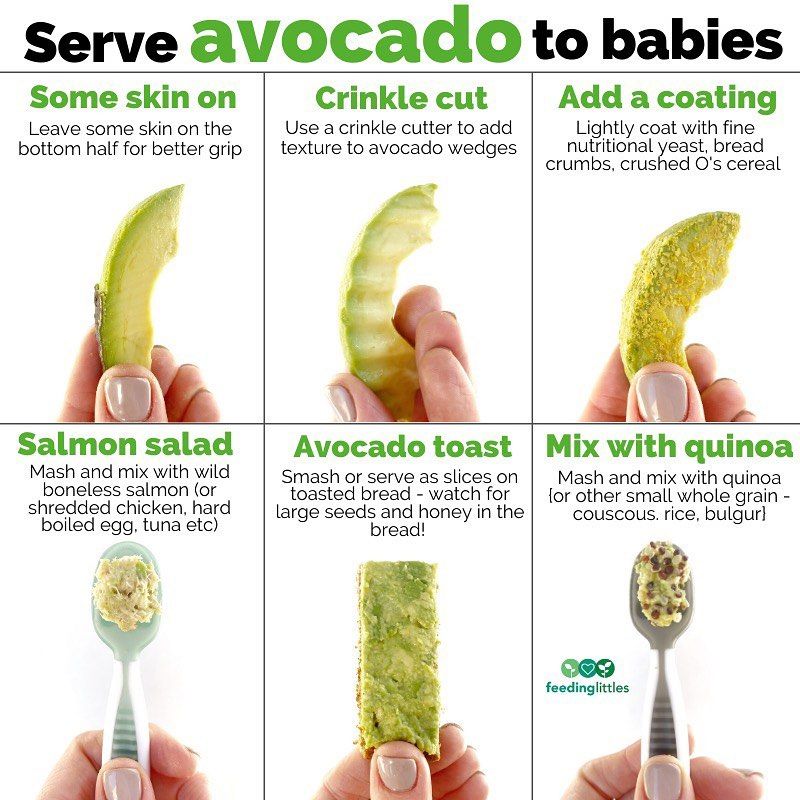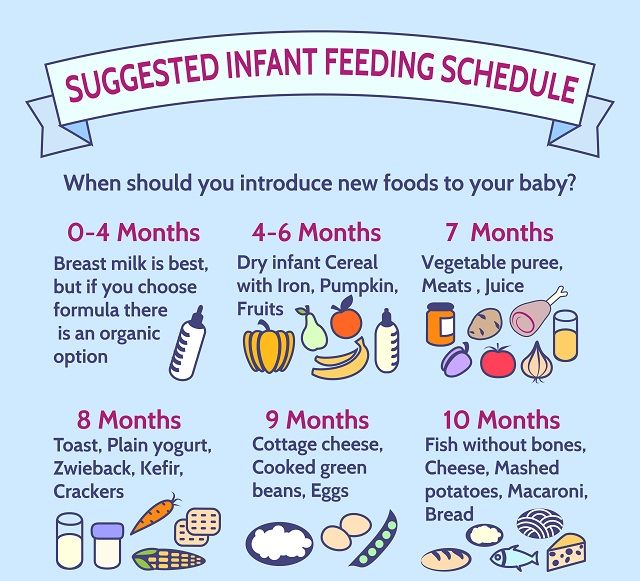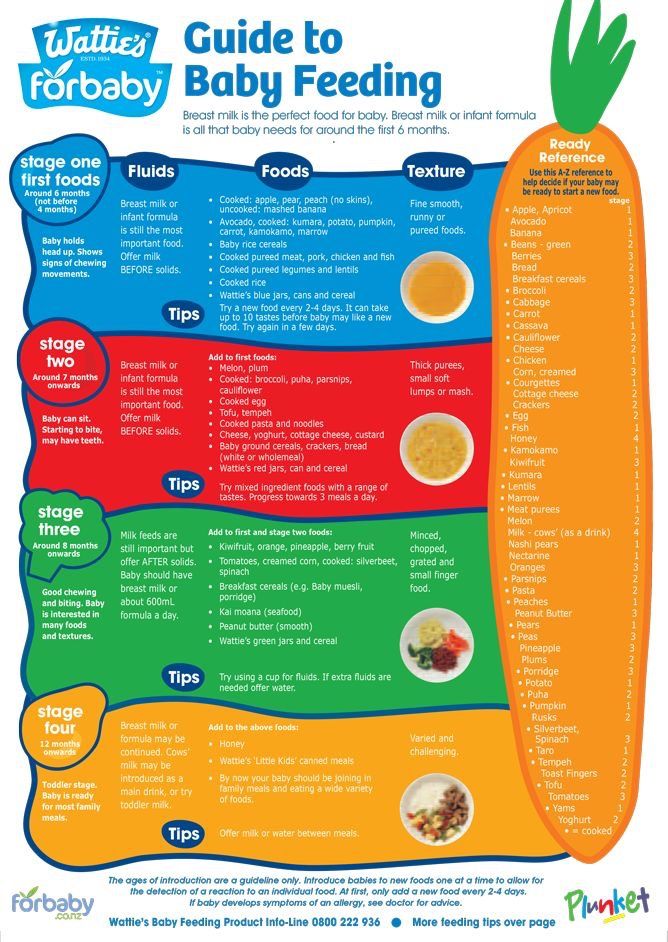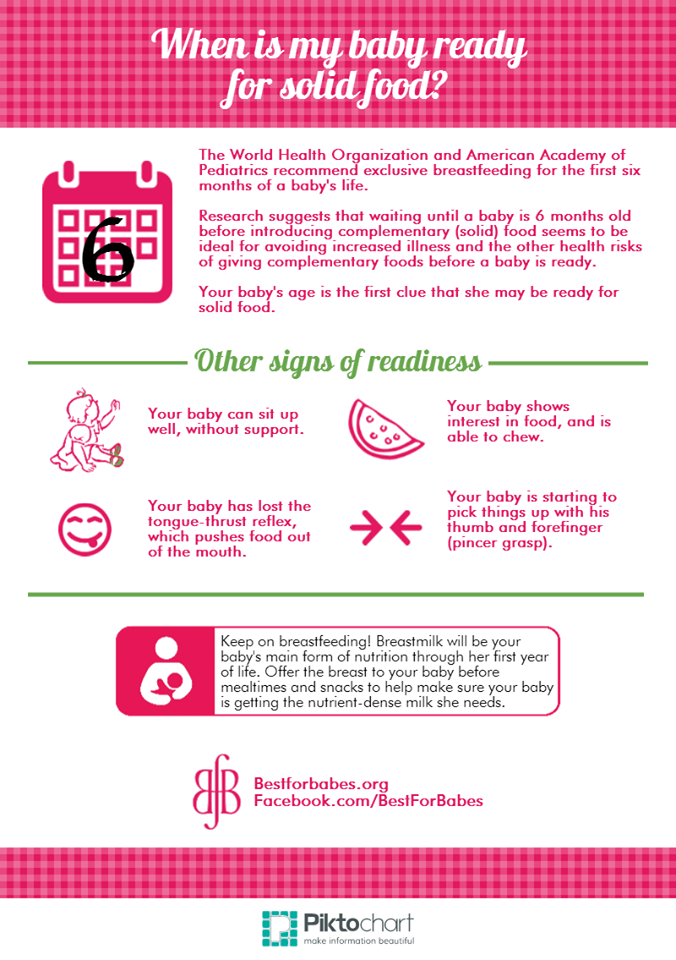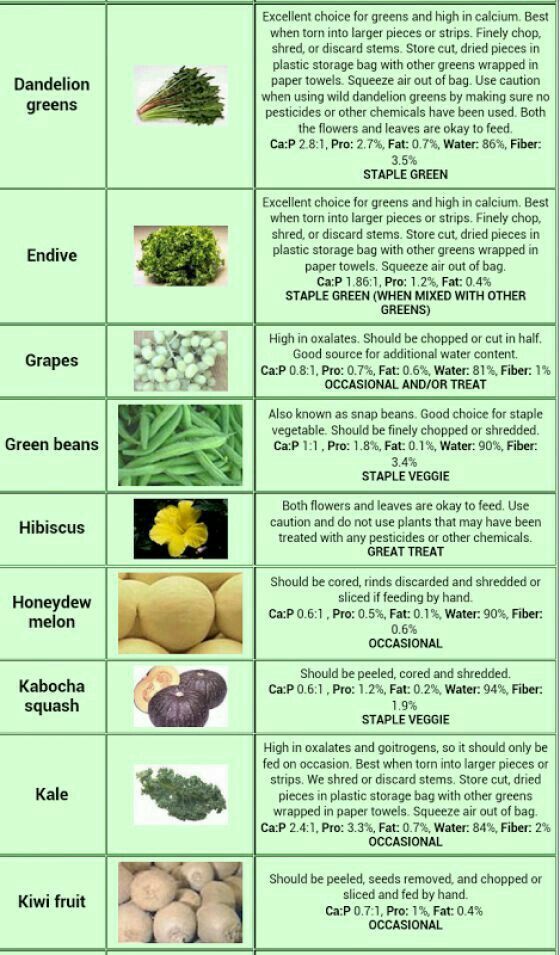How to stop baby from cluster feeding
Cluster Feeding Defined and How to Manage It
Here, we're tackling cluster feedings and why your baby gets fussy in the evenings, so you can rest easy and learn tips for soothing your little one.
Share this content
Cluster Feeding - Causes and Solutions
It's not unusual to have a content, cooing baby one day and a fussy little one the next who is constantly demanding to nurse. Read on to learn about cluster feeding, what causes it, how long the stage may last, and what you can do to help your baby.
Fussy Baby - Is Your Baby Cluster Feeding?
Breastfeeding creates an unmistakable bond between you and your baby. This bond brings emotional security and comfort to your baby, while providing the best nutrition possible. So, it’s no surprise babies are eager to nurse often and enjoy that special time with you.
But even if you love that special time with your baby, many moms question whether their little one’s behavior is typical and how to manage frequent nursing demands. This is what's known as cluster feeding and it's why your baby tends to get fussy in the evenings. The most important thing for you to know? In most cases, your baby's behavior is completely normal.
What is Cluster Feeding?
Cluster feeding is when your baby has several feedings close together during a certain period of time, often in the late afternoon or evening. So, even though you are feeding your little one every couple of hours most of the day, cluster feeding is characterized by your baby nursing for short periods, coming off your breast, nursing a little more, fussing, nursing more, hiccuping, and so on and so forth. Don’t worry! It’s completely normal, and some babies may cluster feed every day.
Cluster feeding is most common in very young babies, but can also happen with older babies who have a tummy ache or are going through a growth spurt.
Can I Produce Enough Milk to Meet Baby's Demand?
A mother’s body is very in tune with her baby’s needs. For that reason, it’s always best to nurse whenever your little one wants to. Nursing or pumping often is the best way to maintain supply and ensure your baby is getting all the breast milk they need. And while many moms find cluster feeding difficult to manage, you should know that over time, your baby will nurse less often and for less time, especially after introducing solids.
For that reason, it’s always best to nurse whenever your little one wants to. Nursing or pumping often is the best way to maintain supply and ensure your baby is getting all the breast milk they need. And while many moms find cluster feeding difficult to manage, you should know that over time, your baby will nurse less often and for less time, especially after introducing solids.
Why Do Babies Cluster Feed?
You know the drill. Your baby is happy and content all day, and then dinnertime hits, and suddenly they become ornery, fussy, and seemingly inconsolable. This type of fussiness often goes hand-in-hand with cluster feeding. So, what gives? While it’s not totally clear what causes this common nighttime ritual, researchers have some ideas:
- Baby is Overtired. It’s hard being little! If your baby isn’t getting plenty of nap time during the day, it’s not unusual for them to get tired toward the end of the day and then get fussy. And, unlike adults, babies aren’t able to calm down and just go to sleep.
 They rely on you to comfort them, snuggle them, nurse them, and help them relax so they can drift off to sleep.
They rely on you to comfort them, snuggle them, nurse them, and help them relax so they can drift off to sleep. - Baby is Overstimulated. Many doctors believe evening fussiness is caused by your baby’s immature nervous system. Basically, what that means is that your little one isn’t used to all of the stresses and stimuli of everyday life, so they react to this overload by crying. Your best bet is to keep your baby close to you (or your partner!) by snuggling and carrying them, nurse them when they want to nurse, and reduce stimuli like bright lights, loud sounds, and busy or cluttered rooms.
- Baby Growth Spurts. Your baby's little body is growing and changing fast! If they happen to be going through a growth spurt, they're going to want more nourishment and may begin cluster feeding. If that's the case, you may find your baby wanting to nurse every 30 minutes to an hour.
How Long Does Cluster Feeding Last?
A continuously fussy baby can become stressful.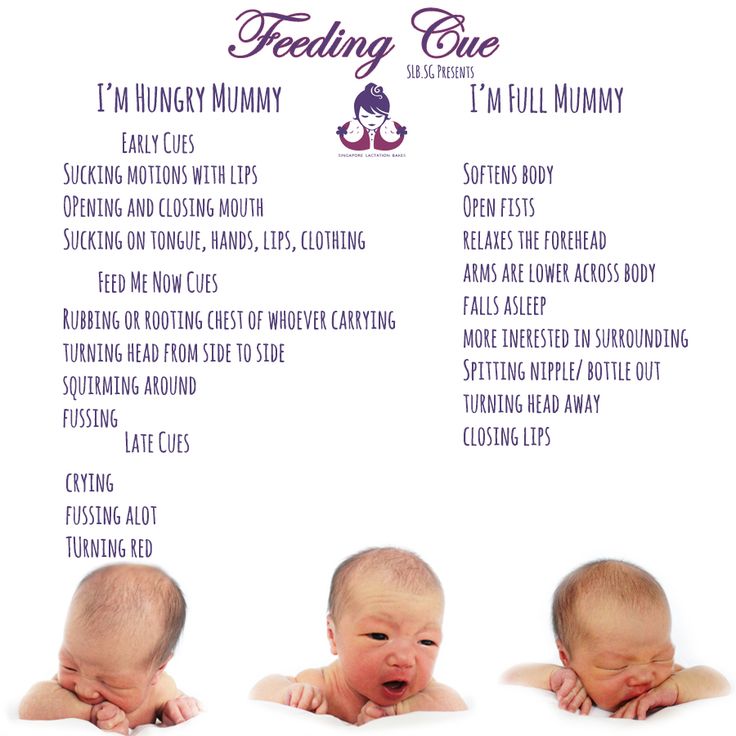 Don't worry, mama! Like so many other things, your baby will grow out of this stage and move on to the next. In fact, the good news is that many babies outgrow this fussy stage by 3 - 4 months old. In the meantime, be patient and know that every ounce of milk and love your little one gets is precious.
Don't worry, mama! Like so many other things, your baby will grow out of this stage and move on to the next. In fact, the good news is that many babies outgrow this fussy stage by 3 - 4 months old. In the meantime, be patient and know that every ounce of milk and love your little one gets is precious.
How to Stop Cluster Feeding
What makes cluster feeding even more challenging is that it often happens during your baby’s fussiest time. Your little one might nurse for a few minutes, then fuss, then take a little more, and so on. If that sounds familiar, try some of these soothing techniques to help calm your baby:
- Move around. Whether it’s rocking, swaying or walking, sometimes motion can help soothe your little one.
- Sing, hum, talk, or listen to soft music or white noise.
- Hold your baby or wrap them in a sling or baby carrier to help them feel close and secure.
- Reduce stimulation by taking your little one into a quiet, dark room or try swaddling them.
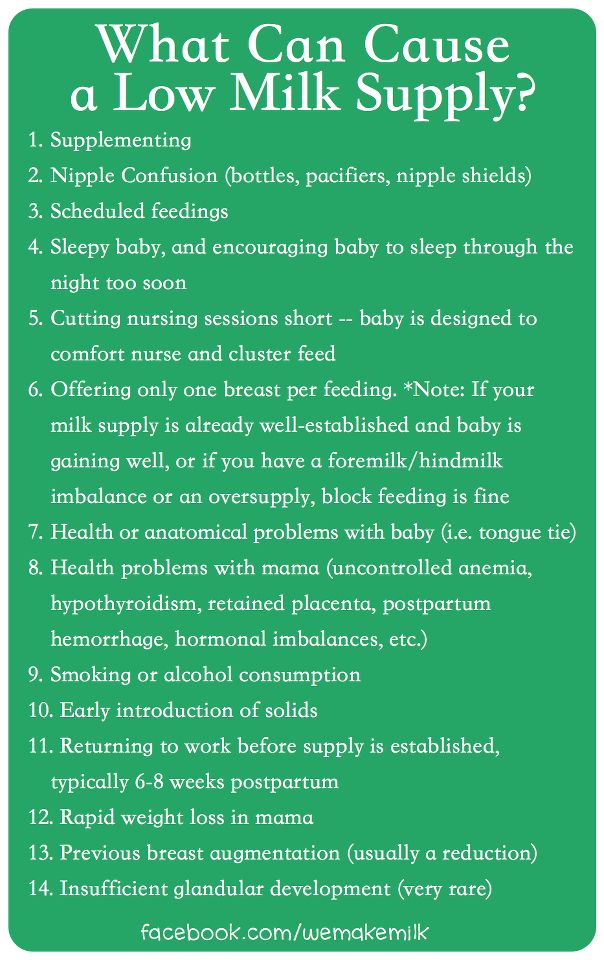
Don't forget to give yourself a break too! Fussy babies and cluster feeding can be frustrating, so it’s important to take a moment to relax. Hand your little one off to your partner or put them in their crib if they’ve finally dozed off, and go for a short walk, take a shower, or just sit by yourself quietly for a few minutes.
Do's & Dont's (Plus How To Do It Right)
What's in this post...
Are you busy with a cluster feeding newborn? This will help you know what to do so you’re not up all night feeding a baby every hour.
Newborns are perfectly snuggly and sweet and warm and wonderful.
But it can be hard to survive.
If they won’t sleep well, don’t seem to be eating well, and are irritable due to gas pain, overtiredness, or even baby teething… then you can feel like you’re slowly starting to lose your mind from lack of sleep and complete world upheaval.
A common phenomenon with little ones… cluster feeding.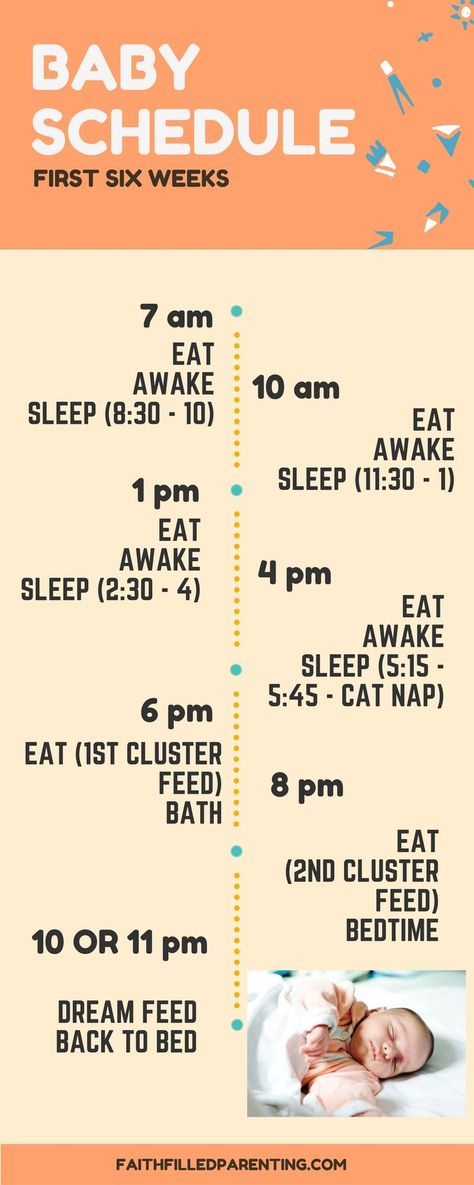
What is it?
Cluster feeding (n): A breastfeeding pattern when baby groups several feeding sessions in a short window of time. It can happen for a number of reasons (some purposeful, some not), which we’ll dive into below.
Some other names for this are topping up or tanking up (giving baby a bit more to make sure they aren’t hungry when they go to bed) or even split feeding.
Split feeding is used when you sort of divide up a feed into two so that baby gets what they need immediately, then some more again before going off into dreamland.
How babies cluster feed – 4 likely scenarios:
- Baby cluster feeds at night, but not during the day.
- Baby cluster feeds both day and night.
- Or baby snacks but never takes full long feeds.
- Baby cluster feeds sometime in the late afternoon/early evening period (5 pm to 11 pm) on purpose.
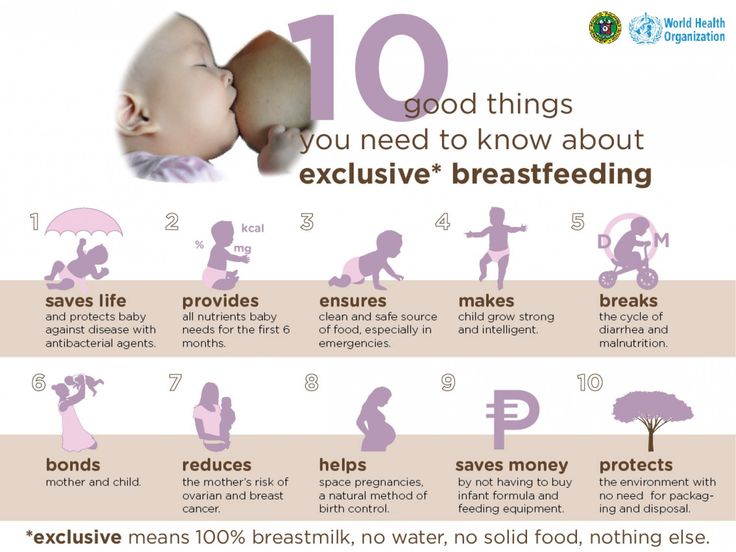
Rules of thumb while cluster feeding your newborn
Cluster feeding can really feel difficult or confusing, but I want to assure you that these newborns days are intense yet they will pass.
And the habits you start now can create a strong foundation then fade out naturally into a mutually beneficial routine.
Remember, during this time you may find your baby log comes in handy to refer back to.
Reasons cluster feeding works
So first of all, you’ll end up cluster feeding at some point in the day with your newborn.
Their tummies are tiny and they need to fill them up at regular intervals.
This is actually a good thing and you can use this feeding rhythm to your benefit in a way that means baby gets more sleep and you do too.
Read: End Baby’s Witching Hour — In 4 Simple Steps
If you are reading this, exhausted from excessive breastfeeding (which according to research is a common reason many mothers abandon breastfeeding altogether) then please know you don’t have to feed every hour around the clock to successfully breastfeed.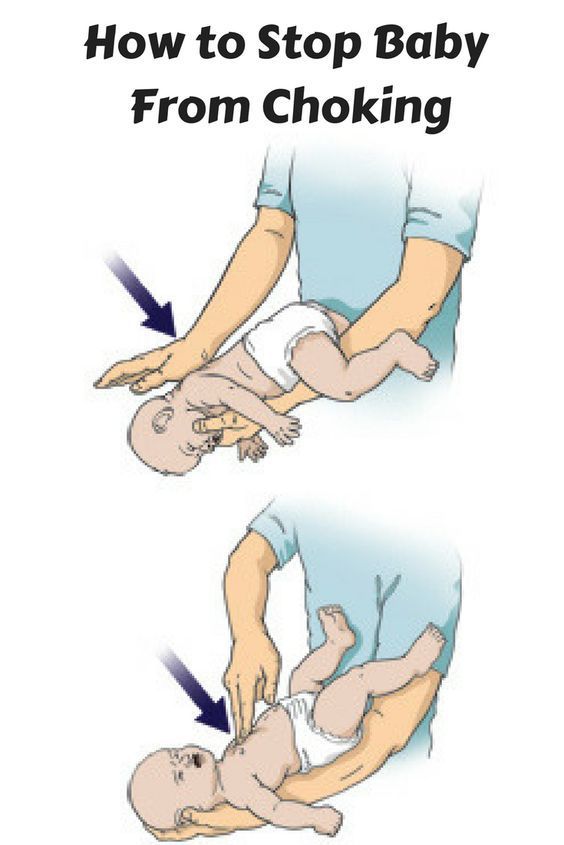
As a certified infant and child sleep consultant and mother of 5, I can attest to this.
Reasons Tanking Up Is Beneficial And Why Babies Do It:
- Your baby gets lots of nourishment in a shorter period of time which is beneficial during the late afternoon/early evening hours when, depending on your personal stress levels, milk quality may be lower.
- Baby can sleep longer stretches after cluster feeding periods.
- Mom can sleep longer stretches because baby is sleeping longer stretches.
- Milk supply can be kept up with regular feeding.
- Cluster feeds help babies get through growth spurts by maintaining adequate milk supply.
Read: Dreamfeed: The Why, The How, & When To Stop
Watch my video on an important cluster feeding issue.
Hourly feedings at night: day night confusion?
If your baby cluster feeds at night, but not during the day then sweet baby probably has some day night confusion going on.
The goal is to make those cluster feeds during daytime hours so they’re sleeping longer stretches at night.
If baby wants to nap for 4 hours during the day… well… don’t let him!
Follow my newborn sample routine or do what works for you, but know that if you let baby sleep long stretches during the day he will be up more frequently at night.
Read: What To Do When Baby Is Feeding Every Hour (& Not Sleeping!)
Newborn Settling Guide
Tried-and-true *hands on* newborn settling strategies that even the most fussy (or wide-awake-sleep-refusing) newborns cannot resist!
Learn More
The way forward?
Purposefully cluster feed your newborn in late afternoon and early evening and make sure baby is taking full feeds.
This means at least 10 minutes per breast if you’re nursing, often times twice that.
Read: Cocooning a Newborn & 7 Reasons Why it Can Be Good For The Family
PRO TIP
You can tell when baby is no longer actively nursing but just remaining latched on in a few ways.
First, look at the muscles on baby’s cheek. If they are nursing it will be moving up and down. Next, discern whether baby is swallowing or not.
Then, look at baby’s chin, is it moving as it does during active sucking (aka nursing).
If none of these are happening baby is likely asleep and engaging in non-nutritive sucking.
Read: How To Fix Day/Night Confusion In 3 Nights Or Less
Cluster Feeding CHECKLIST
Use our checklist to use cluster feeding to your advantage without feeding every hour all day every day!
How to stop cluster feeding at night (if you’re ready)
Whew.
Ain’t no mama want to be up every hour at night. The good news is you don’t have to be.
Even if you are feeding every hour through the night, you can shift that and begin getting longer stretches at night.
What’s the only way to stop cluster feeding at night?
Make sure baby is getting as much milk as they can throughout the day.
Don’t let baby snack while nursing. 10 minute feeds throughout the day mean baby will be up all night because baby is hungry and needs milk.
When you start giving baby full feeds throughout the day (this will mean you’ll have to do jump through some hoops to keep baby up) and baby settles into a predictable routine then they’ll sleep longer stretches at night.
Read These While You’re At It
Purposefully cluster feed in the late afternoon period when the milk supply is at its lowest quality (4 pm onwards) so that baby’s tummy is as full as it can be.
This will promote deeper sleep.
Eventually, even if baby wakes frequently at night for feeds, if you are not giving long full feeds throughout the night baby will get it.
It’s super hard when your newborn is cluster feeding all night, but you will get there and it will get easier!
Read These While You’re At It
Are you feeding your newborn both day and night?
If you have a cluster feeding newborn both day and night there are only a few likely alternatives.
- Milk supply is low and baby is starving.
- Baby is going through a growth spurt and is starving.
- Baby is only “snacking” and not taking full feeds or getting to the hindmilk rich in nutrients because he just takes a bit then stops.
The best way to help baby stop cluster feeding day and night is to determine which issue you’re having.
If it’s milk supply then continue feeding until your supply is up or supplement with formula (see a lactation expert).
Alternatively, if baby is going through a growth spurt then there’s nothing to do but wait it out and feed baby as much as possible to keep them full and get your supply up to meet the demand.
Newborn Feeding Chart
Use this simple printable chart to track your feeds to make sure baby is fed, your supply is up, and everyone is well.
What to do if baby only “snacks”
- Keep baby awake during feeds by taking off their clothes except diaper. You can also rub their feet, cheeks, or hands with a baby wipe or keep trying to stimulate them to stay awake long enough to feed. You can put them on a soft blanket or tummy time mat and let them kick in their diaper until they’ve woken up, then continue feeding.
- Try not to put baby down to sleep if they fall asleep while nursing unless they just won’t wake up. Keep trying to feed baby even if it takes a bit of time so they’ll get as much as they can.
- Differentiate between active nursing and non-nutritive sucking, and let baby do one but maybe not the other.
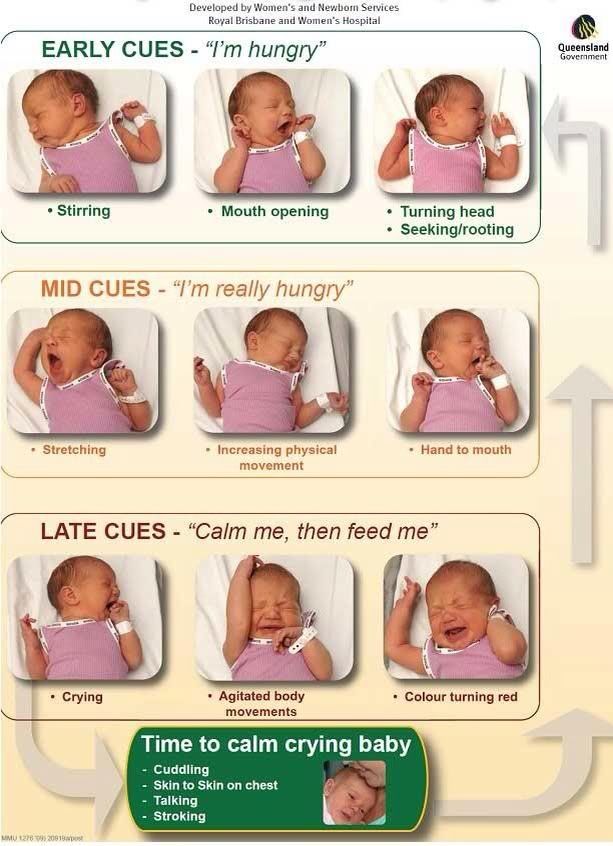
- Give the baby a pacifier (the pacifier I recommend that stays in baby’s mouth) if they wake and want to nurse right after having nursed a short time ago. They might just need to satisfy the sucking urge and this will help. Also, the next time they feed after this will mean they’ll take more milk and keep your supply up. “Snacking” can contribute to a lower milk supply because baby is never emptying a breast and getting the rich milk.
Eventually by doing those things baby will stop snacking and start taking fuller feeds which will naturally result in longer times between feeds.
Read: The Ultimate Newborn Sleep Schedule: Week By Week For The Postpartum Period
Cluster feeding in the early evening
The prime time to have newborn cluster feeding sessions is the late afternoon early evening.
As I previously said, the milk supply can be lower in quantity and quality at this time due to the stresses of the day.
Because of this, feeding baby every 2 hours for a few hours will help keep your supply up, will keep the little one happy, and will set them up to sleep longer stretches at night.
Your evening routine might look something like this.
4:30 p.m. Nurse and nap
6:30 p.m. Nurse and catnap (or skip nap)
8:30 p.m. Nurse and bed
10:30 p.m. Dreamfeed
By purposefully cluster feeding in the right time you’ll help everyone sleep more at night while keeping your precious one topped up on milk.
Summary
- Feed every 1.5 to 2 hours during the early evening.
- Give baby plenty of milk before their bedtime so they are satisfied and sleep longer.
- Cluster feed during the DAY so you don’t find yourself having to cluster feed at NIGHT.
- Drop the cluster feeds when baby is no longer interested in one of the feeds.
Remember, feeding at frequent intervals in the late afternoon early evening will not solve actual sleep problems, but it will help your little one have a full tummy.
Sleep issues might subside if they were hunger related.
Cluster Feeding CHECKLIST
Use our checklist to use cluster feeding to your advantage without feeding every hour all day every day!
Rhythms, Routines, & Schedules Pack
Easy to implement routines, rhythms and schedules from birth through school-aged kids to help you streamline day-to-day life with kids, including a step-by-step guide for getting started.
Learn More
Need sample routines for babies 6 weeks and older?
By now, you know how to handle the early days, but what after? Here is the good news: you’ve set your baby up for a foundation of success.
Now all you need to do is continue to find routines that work for you and your baby as they grow up and begin getting bigger and bigger.
Sob.
After having 5 babies with 5 different personalities, I know a thing or two about finding a good schedule.
This is why I’ve created a book of sample routines and schedules for babies ages 6 weeks up to 5 years.
The book includes information on how long to let baby stay awake, how much play time is good for each age, what to do with baby when baby is awake but not quite mobile, and even how to manage toddler and baby joint routines.
Chapters covered in Rhythms, Routines & Schedules include:Section One: Sample Schedules
- 6 Weeks to 3 Months Old
- 3-6 Months Old
- 7-9 Months Old
- 9-12 Months Old
- 12-18 Months Old
- 2-3 Years Old
- 4-5 Years Old
Section Two: Tips and Tricks
- Tips for Managing the Day With Multiple Children
- Daily Rhythms for an Only Child Ages 1-4 Years Old
- Daily Rhythms for Multiple Small Children Ages 0-5
- Sample Bedtime, Mealtime, and Playtime Routines
- Tips for Keeping Kids Busy Throughout the Day
For more sample routines, mom tested and approved schedules for babies ages 6 weeks and up, check out Rhythms, Routines & Schedules right now.
Cluster Feeding FAQ
How long does cluster feeding last?
Cluster feeding typically will happen until around 4 or 5 months of age. Once baby is around 5 months (see the 5 month old schedule here) and they are eating solids, there isn’t as much of a need for cluster feeding.
Does cluster feeding increase milk supply?
If your supply is low and baby is frequently feeding, this will increase your supply. Milk supply and quality is typically lower in the late afternoon early evening and cluster feeding can help fill baby.
Can you overfeed a breastfed baby?
Babies need to eat when they are hungry. Too much “snacking” can mean that baby is getting a lot of the foremilk which is less nutrient dense and will contribute to more feeding. Solution? Full feeds with hindmilk for baby.
Is cluster feeding all day normal?
Yes and no. Babies can tend to feed every hour all day long if they aren’t getting enough milk or they are snacking. If baby is feeding every hour all day long they’re not actually getting much food, they are using your breast as a snack bar. If you’re okay with this, then you’re good to go. And if not, focus on full feeds.
If you’re okay with this, then you’re good to go. And if not, focus on full feeds.
Is it normal for a newborn to breastfeed every half hour?
If babies take full feeds (nursing for 30 to 45 minutes typically) they won’t need food every half hour or even every two hours. If they snack they will feed more frequently.
Sources:
- Fatigue associated with breastfeeding is a major cause in why women stop
- Excessive night waking is associated with increased maternal depression
- Breast milk composition (specifically nucleotides) helps varies by time expressed, late evening feeding linked to more melatonin production in babies
Family Routines Reboot
Take our 3 day challenge to create life-giving family, child, and self-care routines.
Learn More
::
The child began to breastfeed more often. This is fine?
This is the period in a baby's life when he begins to breastfeed more often.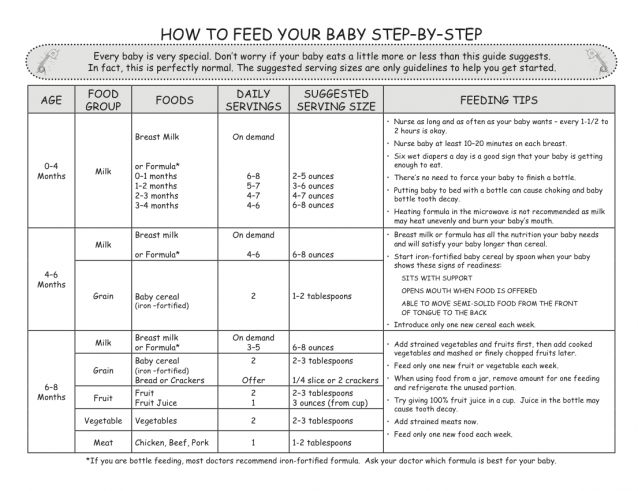 For example, if yesterday your child ate an average of once every two hours, and today he requires a breast every half an hour or an hour, we are talking about cluster or group feeding. This is a temporary change in the feeding regime, however, parents are unlikely to be happy with such changes and may think that they are doing something wrong. We hasten to reassure you: cluster feeding is normal.
For example, if yesterday your child ate an average of once every two hours, and today he requires a breast every half an hour or an hour, we are talking about cluster or group feeding. This is a temporary change in the feeding regime, however, parents are unlikely to be happy with such changes and may think that they are doing something wrong. We hasten to reassure you: cluster feeding is normal.
This usually happens within the first 28 days of a child's life. As David Hill, Fellow of the American Academy of Pediatrics, says, the first "attack" of cluster feeding usually occurs on the 10-12th day of life, and then repeats in the region of three months. But in general, cluster feedings are typical for the entire first half of a baby's life.
Most often, cluster feedings occur in the late afternoon, when the baby is tired of external stimuli and wants to calm down and fall asleep. Cluster feedings often accompany growth and developmental spurts.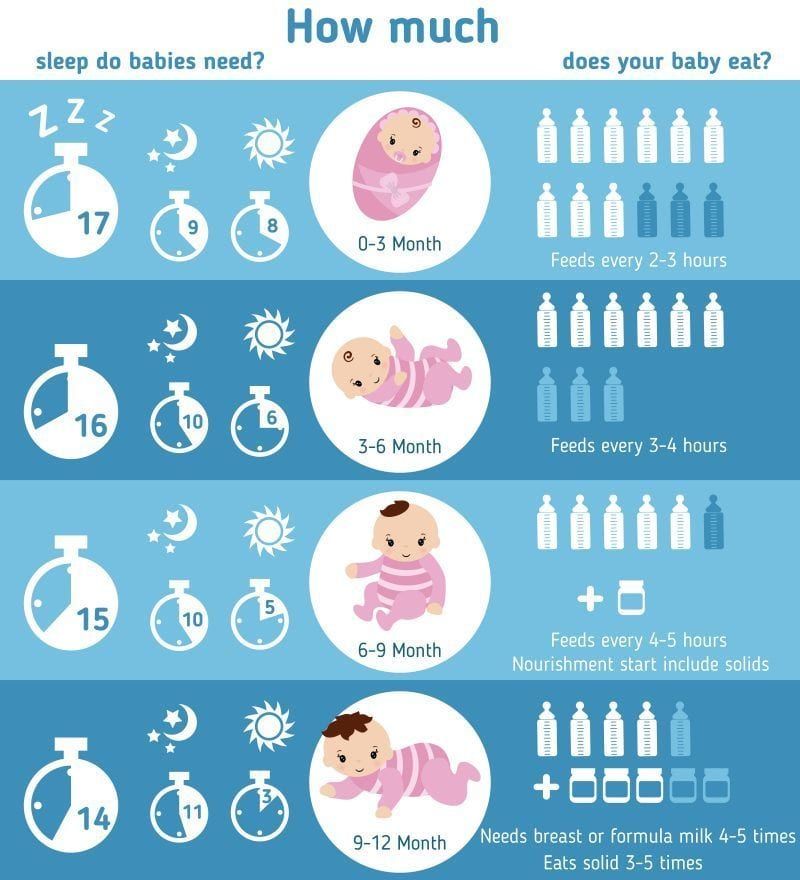 Sometimes they can last all day.
Sometimes they can last all day.
The first weeks and months of a baby's life are a difficult time for him, because he is constantly growing and developing, accepting new conditions of life outside the womb, adapting to the outside world. To do this, he needs not only to get food regularly, but also to calm down, because this big world is such a complicated thing.
Sucking and being at the mother's breast is a natural need for the baby, so he uses cluster feedings not only to eat, but also to get close contact with the mother. So don't get mad at him, he really needs it. And do not listen to those who say that "that way he will make a dummy out of you." Won't. Listen to yourself and the child, you are doing everything right.
The good news is that there is evidence that this behavior in a child precedes longer sleep (we're talking about four to five hours). Why, it's a whole chasm of uninterrupted sleep when you have a newborn!
Yes, indeed, cluster feedings can exhaust a mother.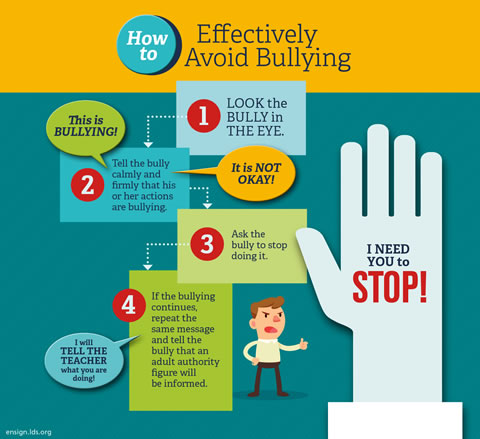 But, as the same Hill says, they are important for her, especially if they occur at the initial stage of motherhood. The fact is that by frequent application, the baby stimulates the production of milk, thus helping the mother to quickly establish full lactation.
But, as the same Hill says, they are important for her, especially if they occur at the initial stage of motherhood. The fact is that by frequent application, the baby stimulates the production of milk, thus helping the mother to quickly establish full lactation.
Of course, the baby needs maternal care and warmth, skin-to-skin contact, but you should not forget about yourself during this exhausting period of group feeding! More precisely, it is strictly forbidden, otherwise you risk bringing yourself to emotional exhaustion. Here's what can be done.
Don't blame yourself or your child. He is all right, all babies have such days, and you are doing everything right - offering him what he needs most now.
Do not forget to drink and eat , because your body is now intensively establishing lactation, which means it consumes a large amount of energy. Eat well and don't limit yourself to kuro-buckwheat.
Sleep between feeds . Facebook and Instagram can wait. Especially if cluster feedings caught you at night, and the baby wakes up every hour. Yes, it will seem to you that it is easier not to sleep at all than to spend time on short sleep sessions, but this is not so.
Connect partner . Yes, you may think that this is rather pointless, because he does not have breasts with milk. But he can carry the baby in his arms while you drink tea or spend time in the shower - during this period it is important to give yourself a little respite.
Don't listen to the "experts" . You will definitely be advised to put the child down and "let him scream" or do something else so that "God forbid, spoil him." But you shouldn't do that. We now know more about children and their needs than ever before. So: cluster feedings will not spoil your baby. He really needs them. In any case, more than senseless motion sickness, attempts to distract and hiss are more necessary.
In any case, more than senseless motion sickness, attempts to distract and hiss are more necessary.
It is believed that one episode of grouped feedings should not exceed two days, and the application itself should not exceed an hour. If the baby “hangs” on the chest for an hour and this has been happening for two days, you need to contact a lactation consultant or a pediatrician you trust.
We asked Daria Utkina, a doula and mother-and-child care consultant, to talk about cluster feeding.
Not all babies go through this period, but most do. It seems to me that knowing in itself that this is a physiological norm, and not an epic fail in becoming a milk fairy, already gives a lot of peace of mind. Often women worry that the reason for cluster feedings is the notorious “not enough milk”, although the child has just enough of everything.
Speaking of support, it's very cool when there are people nearby who also know that cluster feeding is a variant of the norm and you don't have to fight with it. Because even a confident and informed mother will be disturbed by the constant background anxiety of relatives. And if this is the first baby and everything is still completely new, then any comments on the topic “something is not working out for you”, “something is wrong with the child” will fall into the most vulnerable point.
Because even a confident and informed mother will be disturbed by the constant background anxiety of relatives. And if this is the first baby and everything is still completely new, then any comments on the topic “something is not working out for you”, “something is wrong with the child” will fall into the most vulnerable point.
Evening time can also be planned in advance, taking into account the baby hanging on the chest. Arrange with a partner to come to the beginning of vigils, call a postpartum doula or a friend / mother / anyone to be around.
On the contrary, it helps some women to break the stereotype about crazy evenings at home, pack the baby in a sling where he can feed non-stop, and go out into the world.
Well, adjust expectations all the time. Cluster feedings become a problem when the idea sits in your head that a baby usually eats at least once an hour, or even every three hours. And when everything happens differently, it makes you reconsider your ideas not only about babies, but also about your life with them.
And when everything happens differently, it makes you reconsider your ideas not only about babies, but also about your life with them.
Many of my clients find it helpful to remind themselves of "one thing a day." Especially for those who are accustomed to work tirelessly and assumed that while the baby was sleeping and eating, it would be possible to continue almost in the same rhythm.
Plus, sometimes it happens that cluster feedings are just situations where a child for some reason (inefficient attachment, a short bridle, for example) has to be on the breast all the time to get the right amount of milk. In this case, it would be good to call a consultant on breastfeeding and find out what is the reason.
During cluster feedings, the mother has a huge responsibility and may feel overwhelmed, exhausted and frustrated. Obviously, dads can't offer to help feed their baby, but there are some important ways they can help moms.
Get up with your mother. This is really important, she will not feel so lonely if the partner tries to cheer her up during feeding (and at the same time not fall asleep next to her).
Bathe, walk, entertain the child (and also his brothers and sisters). Cluster feeding will be much easier for mom if she can focus only on this.
Take on household chores. Clutter in the house is unlikely to help you stay calm. Conversely, if household chores are in order, mom will be less anxious on busy cluster feeding days.
No. What mother eats does not affect the amount of milk. There are no official lists of prohibited or permitted foods during feeding. If the mother or child does not have allergic reactions, then you can eat whatever you want, and even drink two small cups of coffee a day. We hope it's not cold!
How to wean a child from breastfeeding
Do not rush to wean the baby from the breast.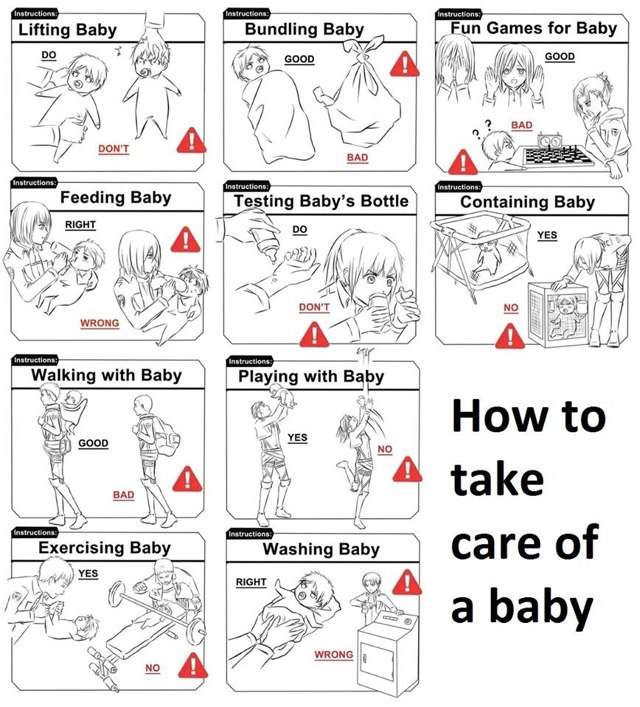 In the first 4-6 months, only breastfeeding is recommended, then it's time for complementary foods, but mother's milk in baby food is still of great importance.
In the first 4-6 months, only breastfeeding is recommended, then it's time for complementary foods, but mother's milk in baby food is still of great importance.
The most appropriate age for weaning is 12-14 months. Why?
- Usually by this time the baby is breastfed only 2 times a day, so weaning takes place without great difficulties.
- A one-year-old baby begins to oppose himself to other people, to understand that his mother and he are different people. However, the baby still needs close contact with you, but now this connection is established not during breastfeeding, but in the process of communication, learning, and play.
- It is believed that mother's milk loses its unique properties when the child is 1-1.5 years old.
When and how to wean a baby in Novokuznetsk:
Clinic "Mother and Child" Novokuznetsk
- When the baby asks for a breast, offer the baby to wait and distract him with an interesting game or toy.
 If a child forgets about his desire for a long time, this is a good sign.
If a child forgets about his desire for a long time, this is a good sign. - During the day the baby falls asleep without breastfeeding.
- In the evening, another person can put the baby to bed, and he takes your absence calmly. And at night, the baby rarely wakes up.
How to do it
- Wean your baby gradually. First, skip one feeding (wipe and replace it with milk formula, and after a few days cancel the last one (evening). If you breastfeed your baby only once a day, lactation will drop dramatically.
- Drink less fluids. Stick to a low salt diet.
- Eliminate foods that promote lactation.
- Do not express milk after feeding.
- Take special medications after consulting your doctor.
- It is useful to play sports. Daily physical activity helps reduce milk production.
If the baby is not ready to give up the breast
However, both a gradual reduction in the number of feedings and a sharp weaning can cause a child to protest and even revolt.
 Indeed, from the very first days, feeding was associated with your image: at your breast, the baby not only satisfied his hunger, but also calmed down. What to do in such a situation?
Indeed, from the very first days, feeding was associated with your image: at your breast, the baby not only satisfied his hunger, but also calmed down. What to do in such a situation? - Choose a comfortable nipple with multiple holes for your bottle.
- Replace breastfeedings with morning walks, afternoon games, evening stories, conversations.
- Do not awaken memories: do not sit with the baby in the usual place where you breastfed him. Do not change in front of the child.
- If the baby has difficulty falling asleep and refuses to go to bed until you attach him to the chest, stroke him on the back, put his favorite toy next to him, read a fairy tale. Ask a family member to put the child to bed.
- When a crying baby comes running to you for comfort, do not push him away. You will always be the most reliable protector and source of psychological comfort for the child. At every opportunity, tell the baby that he will soon become an adult, that only the smallest children suckle at the breast.
 Take the baby in your arms as often as possible, kiss him, play with him. Your baby should feel that mom has not forgotten about him, that mom loves him the same way as before.
Take the baby in your arms as often as possible, kiss him, play with him. Your baby should feel that mom has not forgotten about him, that mom loves him the same way as before. - Sometimes it is very difficult to guess at what age it is better to transfer a baby from breastfeeding to bottlefeeding. It depends not only on the baby, his readiness to wean, but also on you, his mother: on your health, your desire to stop breastfeeding and even your work.
- Dear mothers, when to wean a baby from the breast is up to you, only a mother's heart will help you find the right decision.
They say one of the most effective ways to wean a baby is to smear the nipples with mustard, pepper, or something else tasteless. Is it worth it to do so?
Let's try to imagine ourselves in a similar situation. For example, you want to eat your favorite cake. You take a bite and ... suddenly you realize that instead of a sweet filling, you are offered spicy mustard.